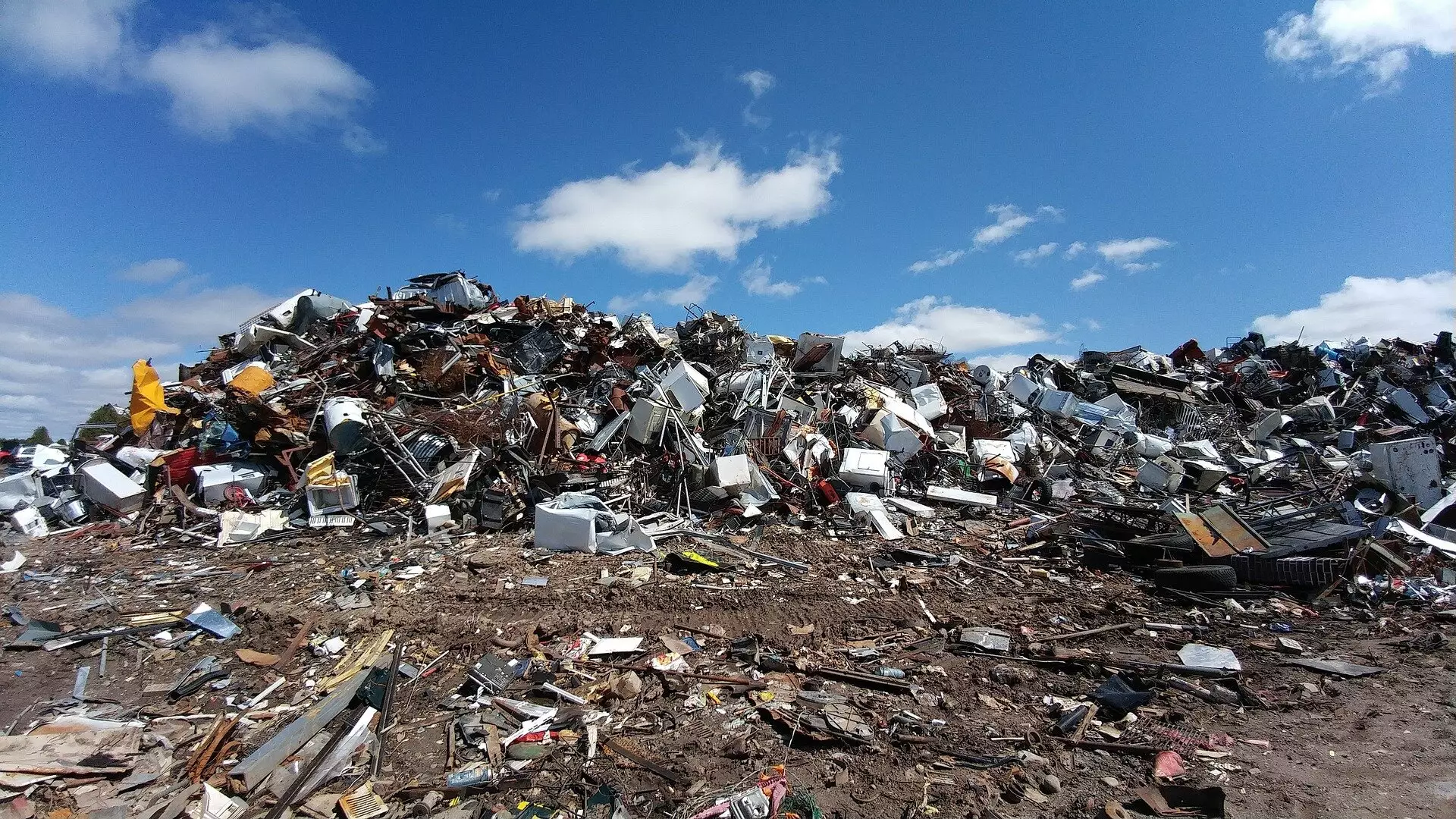In recent years, food waste has emerged as a pressing environmental concern, particularly due to its significant contribution to greenhouse gas emissions. As states across the U.S. grapple with this issue, many have opted to implement legislative measures designed to curb the disposal of food waste in landfills. However, a recent study conducted by researchers from the University of California Rady School of Management has cast a shadow on the efficacy of such laws. It indicates that while multiple states have enacted food waste bans, Massachusetts stands out as the only one to have made a considerable impact on reducing waste sent to landfills.
The study analyzed findings from 36 states over a span from 1996 to 2019, focusing specifically on the first five states to implement food waste bans: California, Connecticut, Rhode Island, Vermont, and Massachusetts. While the expectation was that these measures would facilitate a reduction of 10-15% in landfill waste, the reality presented by the data suggests that, across the board, these laws achieved negligible impacts—averaging out to only a 3% reduction in waste.
Massachusetts’s experience offers a counter-narrative to the general trend observed in other states. The paper identified a trio of distinguishing features within Massachusetts’s food waste ban as likely catalysts for its superior success in waste reduction.
Firstly, the state boasts the most developed composting infrastructure, with a robust network of processing facilities available relative to its land area. This accessibility likely plays a crucial role in ensuring that businesses can effectively divert waste from landfills to composting facilities instead. Contrast this with states that lack similar infrastructures, where the logistical challenges of complying with food waste bans could thwart any initiatives for waste reduction.
Secondly, the clarity and simplicity of Massachusetts’s law set it apart. With fewer exceptions and clear language, compliance becomes easier for businesses and waste generators. In contrast, legislation that is convoluted or riddled with exceptions may create confusion, leading to non-compliance or inadvertent disposal of organic waste in landfills.
Lastly, stringent enforcement mechanisms in Massachusetts likely reinforced compliance. The study highlighted that inspections per generator were threefold more frequent in Massachusetts compared to Vermont, the next closest state. This rigorous inspection regime fosters an environment of accountability, whereas stricter enforcement measures were notably lacking in the other states.
The observations drawn from this study bring to light critical implications for future food waste policies. While the idea of imposing bans on food waste disposal is commendable, the efficacy of such measures hinges significantly on their execution. Simply passing a law is insufficient; several systemic elements must be in place to ensure compliance and effectiveness.
As noted by the paper’s authors, food waste is a globally significant contributor to greenhouse gas emissions, responsible for approximately 8-10% of the total. Therefore, abandoning these food waste bans altogether would be counterproductive. However, adapting and refining these laws to mirror the successes seen in Massachusetts seems necessary. Additional mechanisms could include state-sponsored training programs for businesses on sustainable waste disposal practices and incentives for developing more composting facilities.
Furthermore, the findings recommend employing a more data-driven approach to the implementation and monitoring of these waste bans. Tracking key performance indicators, such as the volume of food waste diverted from landfills and the rate of non-compliance, could afford policymakers insights into program effectiveness.
Interestingly, California is already taking steps to ameliorate past shortcomings highlighted in this study. The recent passage of SB 1383 in 2022 mandates that every jurisdiction must provide organic waste collection services for all residents and businesses. Such measures suggest a movement towards comprehensive waste management strategies that prioritize the establishment of supportive infrastructures alongside stringent regulatory frameworks.
Ultimately, the Massachusetts experience should serve as a model for other states striving to combat food waste through legislative measures. Policymakers must learn that successful implementation requires not just the enactment of laws, but an accompanying commitment to creating the necessary infrastructure, ensuring clarity, and enforcing policies effectively. Only through a cohesive and well-rounded approach can states hope to achieve meaningful reductions in food waste and its dire environmental ramifications.

